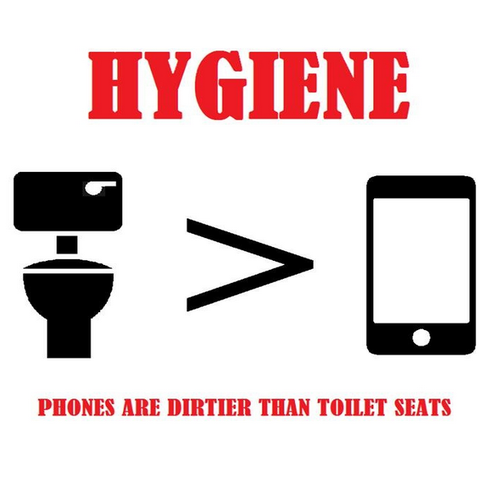Salesforce.com Says Build Your Own App StoreSalesforce.com Says Build Your Own App Store
Salesforce AppExchange Store Builder lets companies create their own app stores for business-to-business or business-to-consumer use.


Tech Hygiene: 10 Bad Habits To Break
Tech Hygiene: 10 Bad Habits To Break (Click image for larger view and slideshow.)
Businesses pursuing mobile-first strategies might be proud of their shiny new apps, but won't those apps get lost in the digital bazaars otherwise known as consumer app stores? It's a source of frustration for many companies, according to Salesforce.com, so on Thursday it announced a way for users to build custom, e-commerce-capable app stores.
The new service, AppExchange Store Builder, takes advantage of the technology platform and best-practices of the nine-year-old Salesforce.com AppExchange, where partners now transact more than $1 billion in app sales annually.
The custom apps store idea isn't entirely new. Last year Salesforce introduced Private AppExchange, but that service is geared to distributing apps inside an organization to employees. AppExchange Store Builder is geared to creating customizable online stores for business-to-business or business-to-consumer apps. What's more, you can add e-commerce capabilities, manage distribution, and track app usage by segment.
[Want more on the inter-company alternative? Read Salesforce.com Enables Private App Stores.]
"If you're a B2B brand and you're building a bunch of apps for your customers, putting them in the Google Play store does not make sense," said Jim Sinai, senior director of AppExchange and platform marketing. "Customers have asked us to help them build their own app ecosystems."
Stores can be used for free downloads or purchases of iOS, Android, Windows, or any other app, not just Force.com-based apps. Sites can be extensively customized, and Salesforce partners including Zuora, Stripe, and others can add payment engines and credit-card-processing capabilities. Build-in dashboards and analytics help keep track of app usage.
"One of the key things the enterprise customers want is the ability to track who is using their apps and why," said Sinai.
Retailers that have franchisees, manufacturers that deal with distributors and retailers, and even government agencies have expressed interest in building apps stores, according to Salesforce. More than 50 customers have signed up for the new service, according to Sinai.
The US Department of Agriculture (USDA), for example, is using AppExchange Store Builder to make available fleet-management, correspondence-management, budgeting, and process-management apps to constituents and fellow government agencies.
"We're working to quickly create a customized and transparent app inventory for our key stakeholders," said Todd Schroeder, business systems management director at the USDA, in a statement from Salesforce. The stores will "bring stakeholders and apps together in a self-service marketplace that allows the USDA to more broadly share success."
AppExchange Store Builder is free to Salesforce customers. Downloads and sales of apps require authentication, so the cost is in tracking registered users, a task handled by Salesforce Identity, which starts at $1 per user, per month (with discounts at scale). Salesforce Identity supports logins through Facebook. In situations where you anticipate many users with infrequent logins, you can pay by number of logins rather than a per-user, per-month approach.
Apply now for the 2015 information Elite 100, which recognizes the most innovative users of technology to advance a company's business goals. Winners will be recognized at the information Conference, April 27-28, 2015, at the Mandalay Bay in Las Vegas. Application period ends Jan. 16, 2015.
About the Author
You May Also Like






